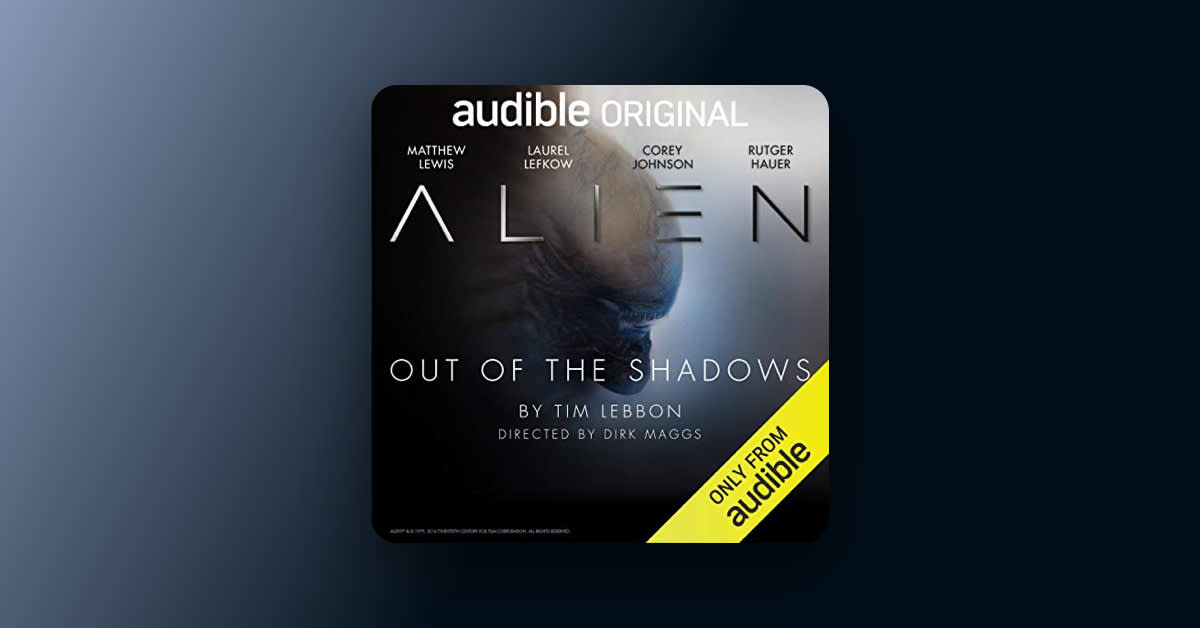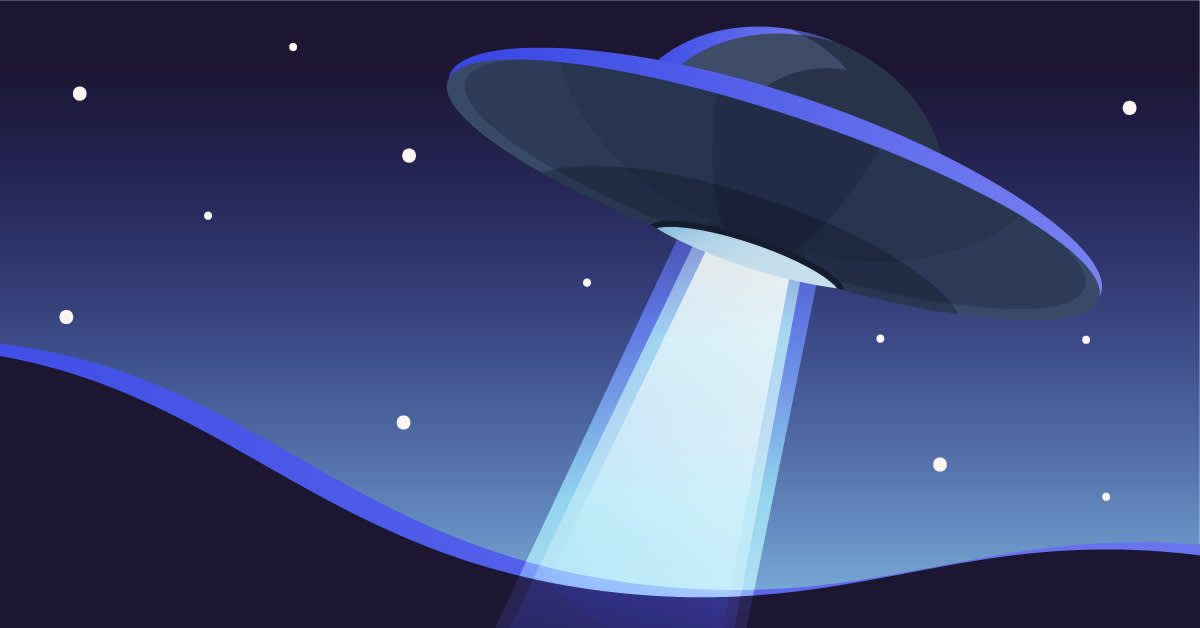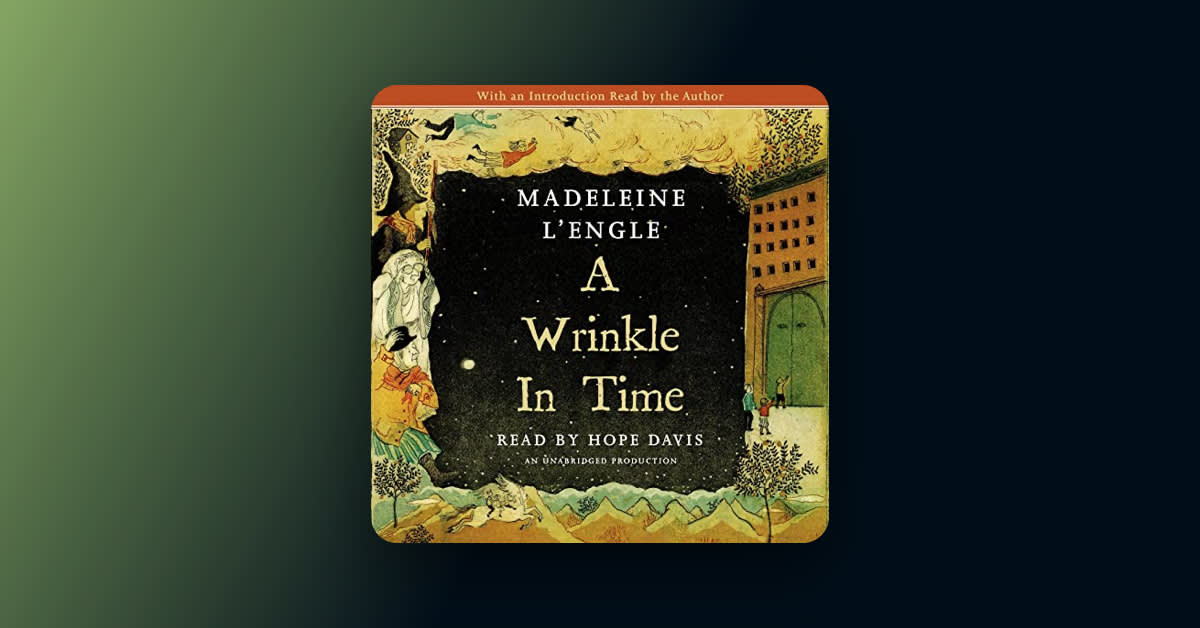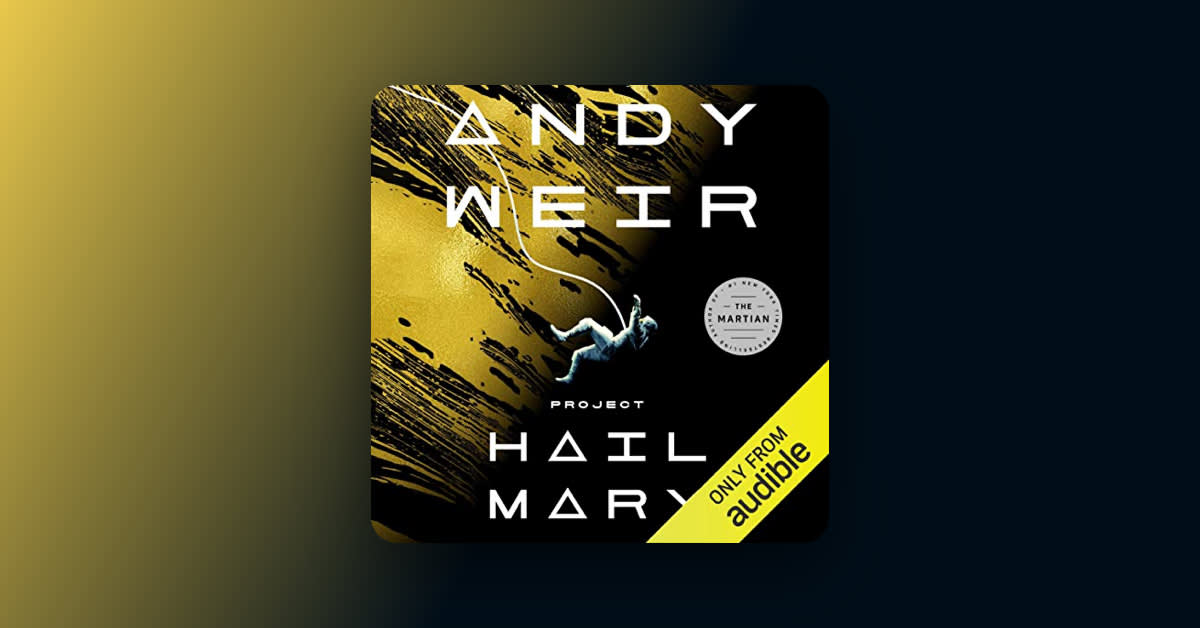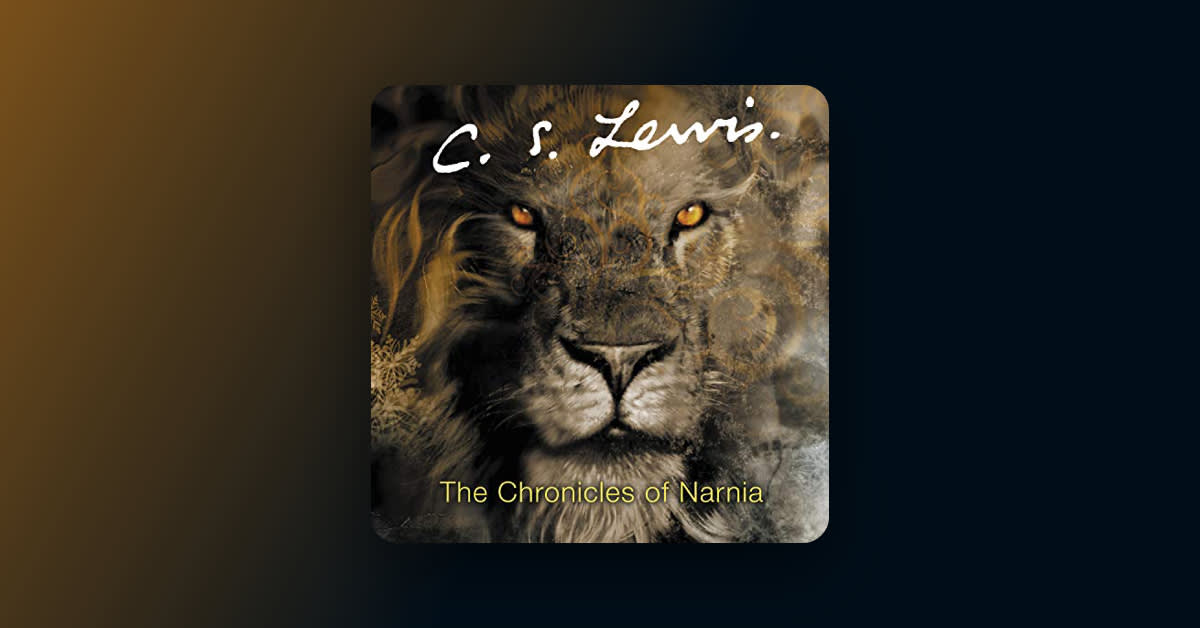Why it's essential
Adapting a beloved franchise to audio-drama is no small feat, but delivers. The full-cast performance is captivating to new and old fans alike.
Featured in .
What is Alien: Out of the Shadows about?
Chronicling the events occurring between Ridley Scott’s sci-fi horror classic Alien and James Cameron’s legendary sequel Aliens, this episodic audio drama follows the chaos that erupts aboard the mining ship Marion when two transport shuttles infested with violent, predatory Xenomorphs collide with the vessel. As the crew fights to survive, their distress call is received by an unlikely ally—Ellen Ripley, the sole survivor of the USCSS Nostromo.
Editor's review
Memoir and fandom editor Alanna is a proponent of empathetic, sensitive storytelling of all kinds. She has a soft spot for investigative journalism podcasts, author-narrated memoir, character-driven fiction, and poetry that lays bare the human spirit.
There was a running joke in my household growing up that I was somehow alien. It wasn’t just that I was a quirky child with eyes the size of dinner plates and a mildly conical head, but the fact that I was born precisely as the opening credits of The X-Files blared from the delivery room’s television. It was almost endearing at the time—the extraterrestrials of my youth were cute and cuddly and charming, ranging from Spielberg’s wrinkly, homeward-bound E.T. to the goggle-eyed, triangular faces of the grays plastered on mylar party balloons. But as I grew older, my brother introduced me to an entirely new kind of unearthly life-form when he queued up Ridley Scott’s Alien. Gone were the friendly interstellar critters I’d known—these towering beasties, with their metallic, razor-sharp teeth, eerily coated in frothy saliva, barbed tails, and killer instincts most certainly did not come in peace.
I’d always wondered how I’d fare against such a foe—Would I be headstrong and determined like heroine Ellen Ripley, or would I be doomed from the start like poor Kane? I got my answer when I popped in my earbuds and pressed play on , an audio drama with as much bite as a Xeno’s acidic blood.When you consider how much suspense, how much horror, is built in 1979’s when the title monster only clocks about four minutes of screen time, it should come as no surprise that the world lends effortlessly to audio. It’s not the stalking Xenomorphs that makes them terrifying—it’s knowing they’re lurking in the shadows, unseen and waiting to strike. Their ominous sounds are vivid—drool spattering down from the rafters above, insectoid skittering through the ship’s air ducts, that unmistakable hiss as a smaller, inner mouth unfurls. And in , audio maven Dirk Maggs wields them to a visceral sensorial effect. Paired with a dynamic score and an atmospheric sound design that places listeners firmly in the far reaches of the galaxy, this listen is the very definition of immersive.Equally impressive throughout this listening experience are the human performances. The full cast—which includes the late acting legend Rutger Hauer, Harry Potter’s Matthew Lewis, and ’s Andrea Deck—is tremendous. While the performers originating new characters are markedly skilled in their ability to get you invested in their fate nearly immediately, it’s the pair of actors voicing those more familiar that create a deep sense of cohesion in the larger Alienverse. Hauer portrays Ash, the double-crossing synth responsible for the mayhem that erupted aboard the , with the same staccato disconnect that Ian Holm initially brought to the character. Like Holm, he conveys a deep understanding of Ash’s motivations and relentless commitment to his directive. Laurel Lefkow, who voices Ellen Ripley, delivers an absolute knockout performance. Taking on a role famously originated by Sigourney Weaver, Lefkow offers a nearly indistinguishable performance, her low tone, dry delivery, and moments of bright brashness mirroring her on-screen counterpart.Over the years, I’ve come to understand that, despite any resemblance in behavior or physicality, I am in fact just your everyday, run-of-the-mill human being. But the more I think on it after revisiting , the more I feel my lack of interstellar ties is something I should be grateful for. After all, I’ve what’s out there—and it’s better off left alone.
